Innovating Guest
Hospitality with
Hyper-Personalization
Heightened technology and uninhibited connection drive the latest guest experience trends
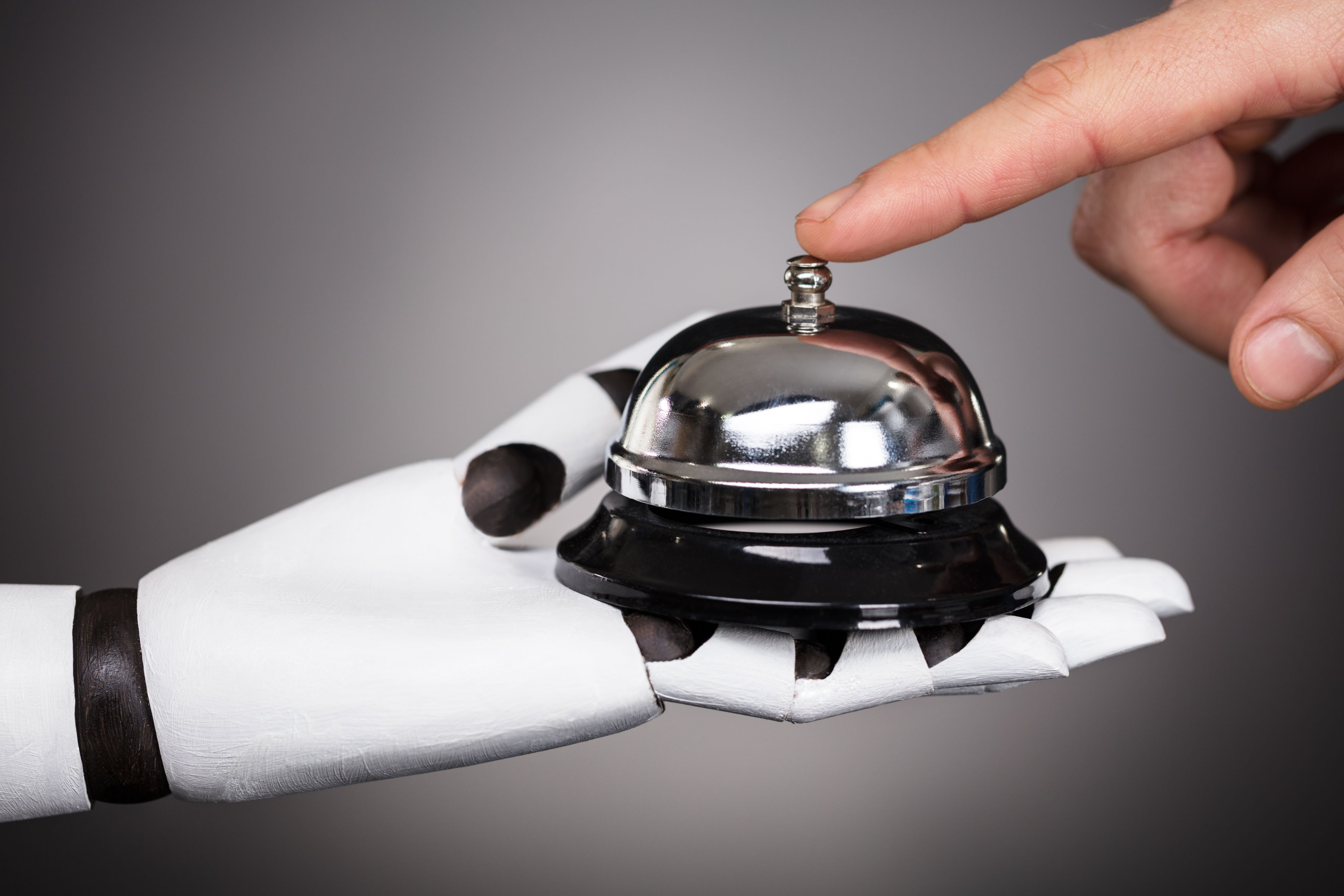
Delight
in the details.
There’s no doubt about it: Hyper-personalization is the driving force of our time. Search engine and social media algorithms pinpoint the content individuals scroll and show them exactly what they want – even if they don’t know they want it.
Brands pop up with suggestions catered to your style. Fitness gurus share the perfect program for your goals.
Hospitality is no exception. Guests expect personalized treatment that exceeds every need, want and expectation. The opportunities to deliver are more lucrative than ever.
Hyper-personalization
may deliver 8x ROI.1
1 in 5 consumers would share personal data to receive a personalized service or product.1
In the next 15 years, 85% of interactions with businesses will be done with zero human interaction.2
Take advantage of trends that shape the future of hospitality at your property.
Hospitality brands can thank Van Halen for hyper-personalization. The band’s contract rider stipulated there could be no brown M&Ms backstage at their shows. Were they just being super particular – or were they onto something? Now, our team explores how hyper-personalization caters to current day guests whose comfort is the heart of hospitality.
Today's reality: A concierge is no longer a person. It’s a team equipped with:
- Detailed guest information before they walk in the door
- Hyper-connective technology
- More time and resources to create memorable experiences
Q: How does hyper-personalization apply to hospitality?
RD: An eye on current trends shows us that hyper-personalization has quickly redefined what luxury means in the hospitality industry. Biometric room controls, voice-controlled services, and unparalleled connectivity to hotel information have sprung up in forward-thinking properties.
The goal: an unparalleled guest experience anchored by technology and bolstered by hospitality staff.
RD: Hyper-personalization acts as an assistant to a property’s team. When basic tasks like making a dinner reservation are taken off their plate, they have more time to craft uncharted experiences for guests.
Q: What are ways the hospitality industry implements hyper-personalization?
RD: The high level of service that guests expect continues to grow. Hyper-personal curated guest experiences are driven by AI to manage and customize the average hotel room. Tablets, guest mobile phones synced to their room, voice assistants, and glass information walls all require state-of-the-art Wi-Fi connectivity as one central system.
Hospitality groups should expect to make a significant investment in guest room technology upgrades and incorporate hyper-personalization throughout their properties. In-app experiences, which we activated in a past project, help with swift implementation of guest requests and needs.

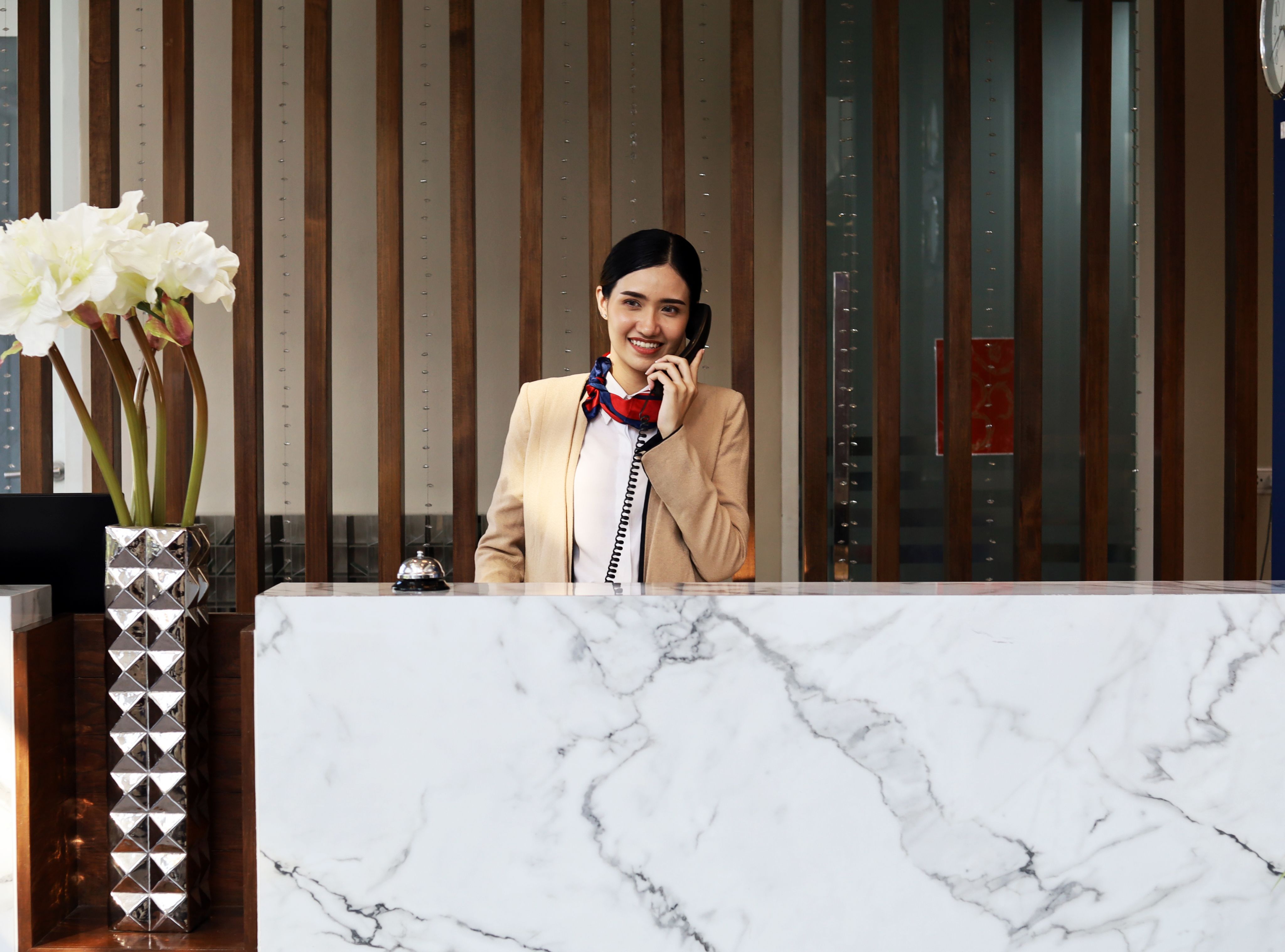

FROM OUR PORTFOLIO:
Rock Star Riders for A Hotel Nirvana
Guests’ wildest dreams were brought to life at a rockin’ hotel in the heart of Cleveland. This hotel concept that could have been fulfilled a secret desire: live like a rockstar – for a night or two.
Guests weren’t simply funneled into a set of options. Rather, guests built their one-of-a-kind stay and managed their unique experience in-app.
Requests made in-app – a dozen white roses on every table, in-room playlist customized to guests’ music taste, tickets to the hottest show in town – were seamlessly fulfilled by the hospitality team.
Richardson Design’s concept leveraged technology as an extension of bespoke design to tailor guest experience down to the smallest detail.

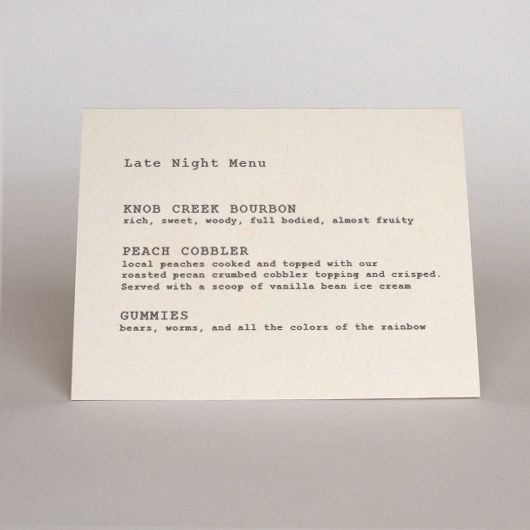
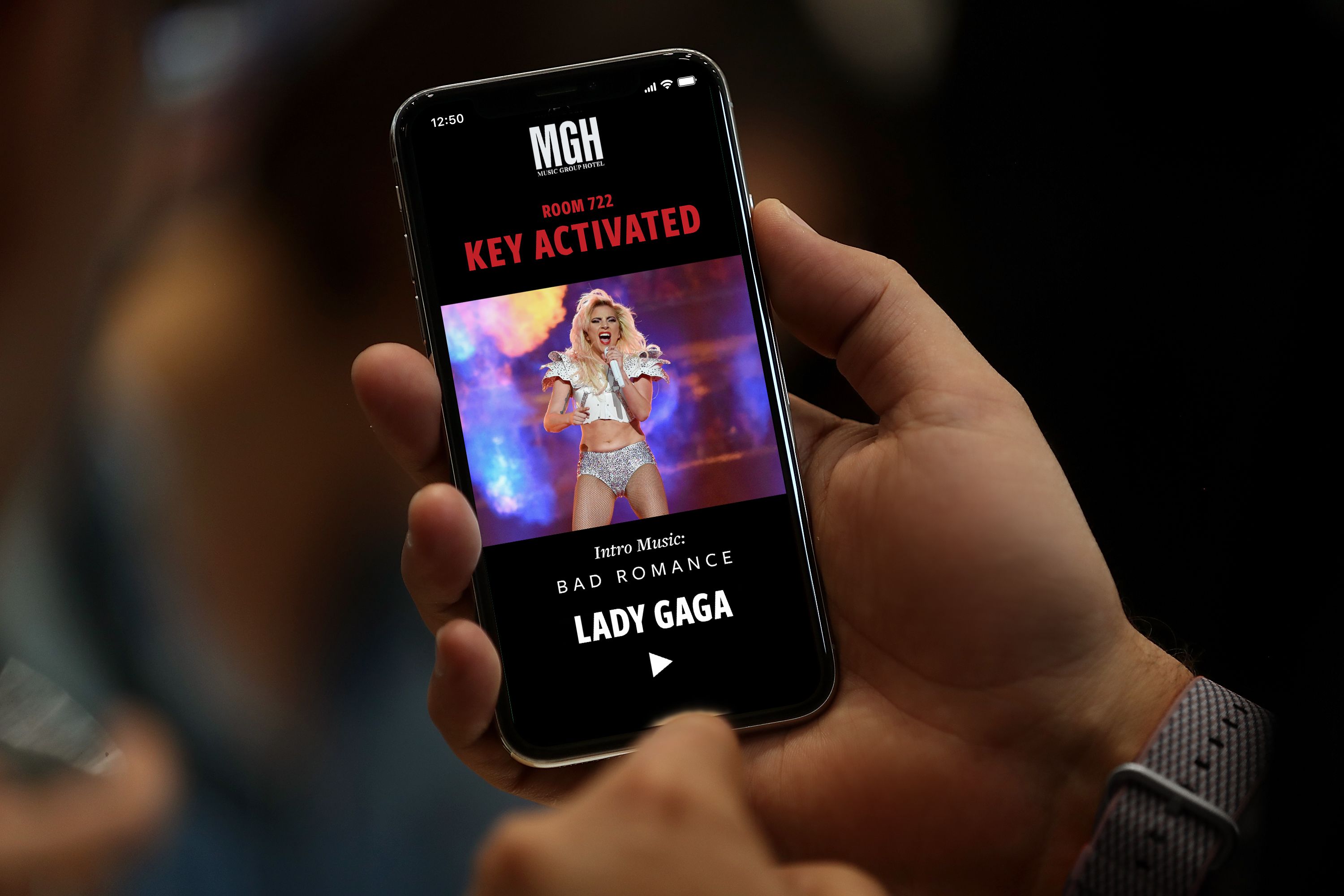


Q: Can hyper-personalization increase revenue on every guest?
RD: When common barriers to goods and services are lifted, guests have free reign. In years past, a visit to the concierge or a protracted phone call was necessary to book a hotel spa appointment. Today, tablets and voice assistants allow guests to browse, select and pay for services, meals, and other luxuries straight from their rooms.
Systems like Amazon Alexa for hospitality help properties increase guest revenue with lightning-fast access to services and amenities on-site.
Q: When guests’ daily lives are peppered with personalized experiences, how can hospitality groups differentiate themselves?
RD: Layers of hyper-personalization go beyond what most guests experience day-to-day. Room amenities like biometric temperature adjustment, bathroom light sensors, automatic curtain control, and more high-tech, low-touch elements provide guests with convenience and repose.
Outside guest rooms, properties can use facial recognition software and data from mobile phones connected through hotel Wi-Fi to create personal welcome screens unique to each guest. Opportunities to scale up hyper-personalization abound.
Q: Does hyper-personalization boost hospitality marketing efforts?
RD: Hotels gain insightful data on their guests when hyper-personalization technology is integrated into property design. Information gathered can be used for retargeting campaigns to entice guests back to the property or offer personalized incentives based on their activity.
Positive memorable experiences fueled by personalization also boost the likelihood that guests will recommend a property or return themselves.
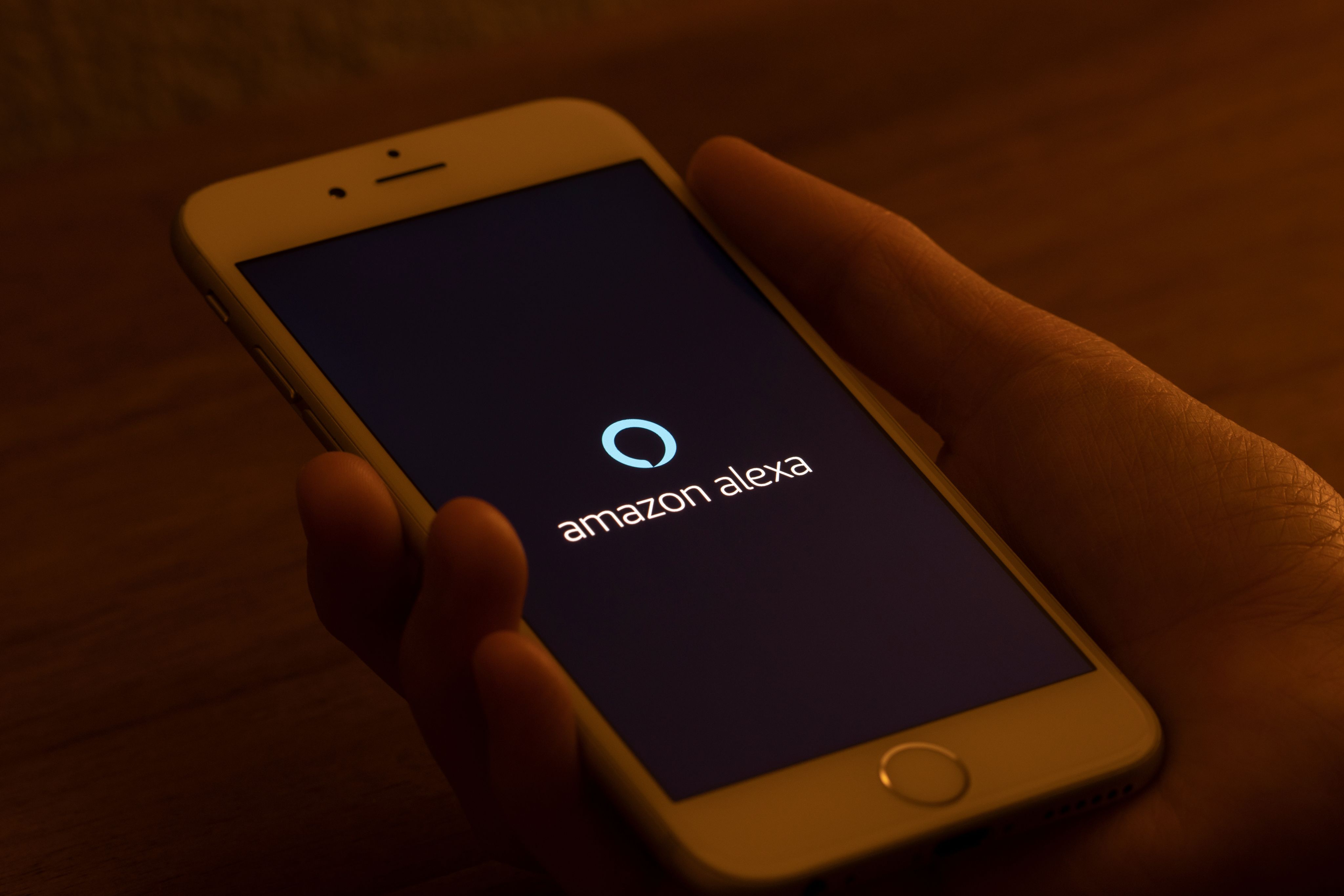
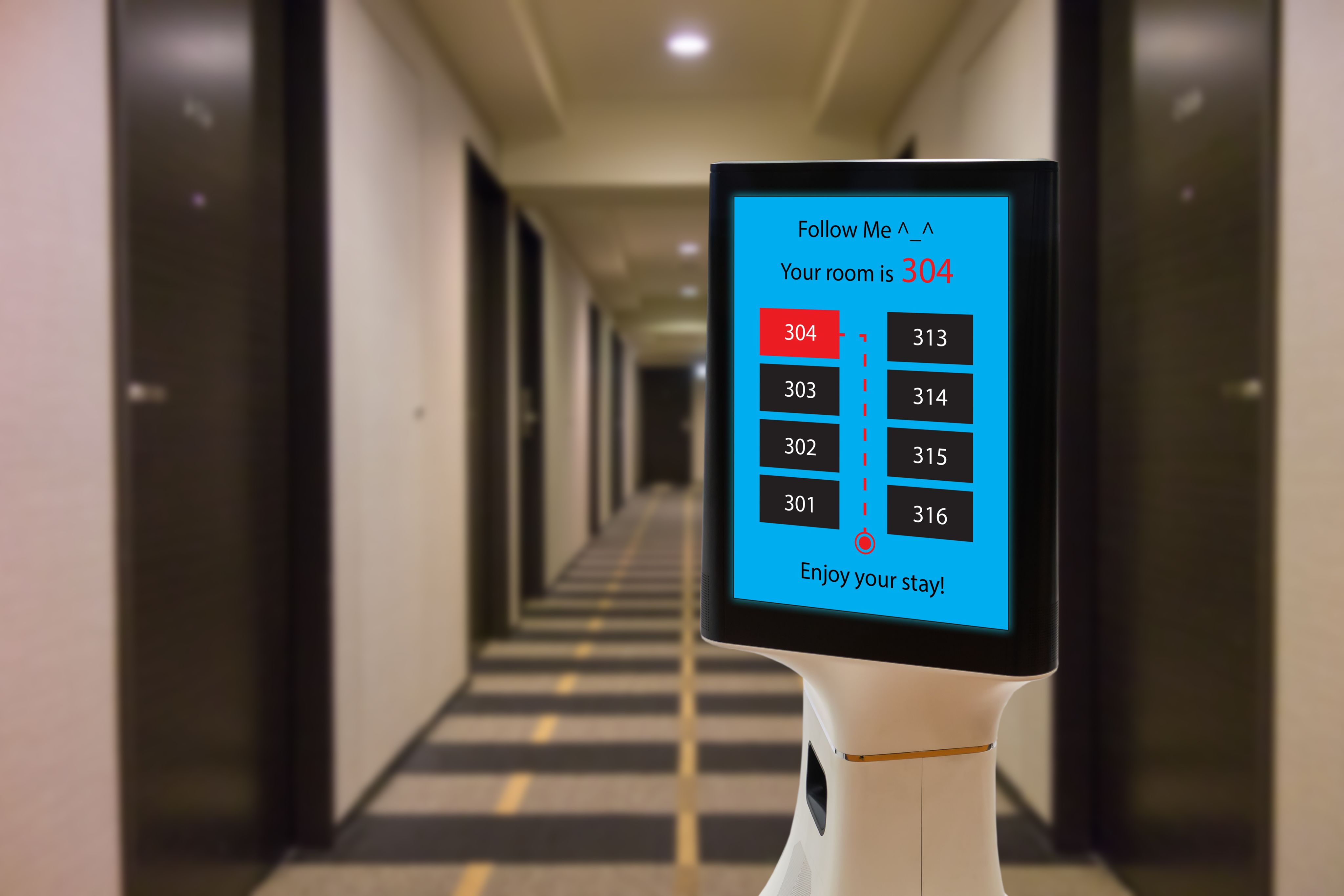
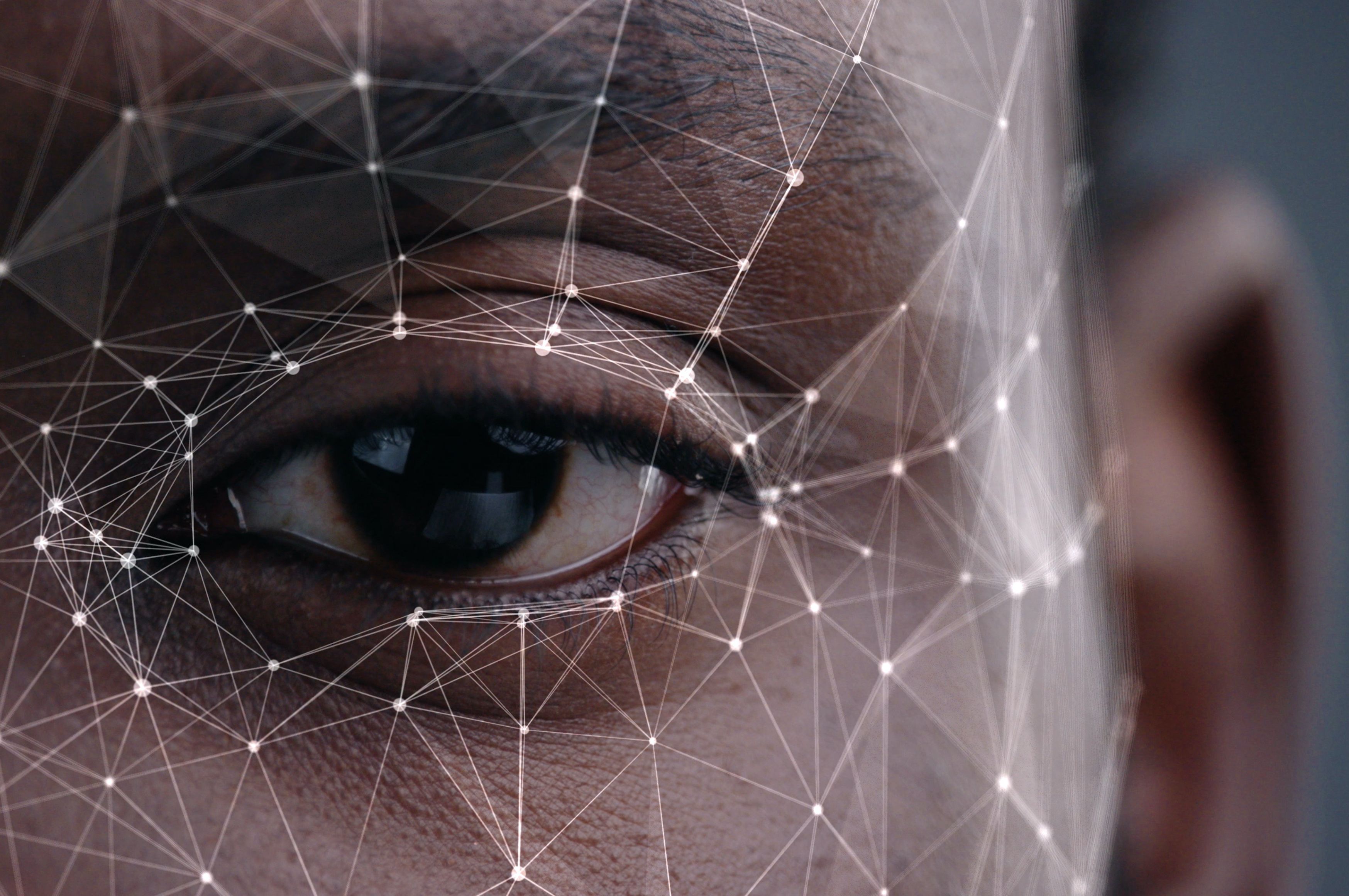
Leverage the era of instant connectivity.
Omnipresent data is here, and guests are ready. Stand out from the competition with hyper-personalization that seamlessly blends into your site’s design to delight guests and maximize revenue.
Connect with the Richardson Design team to explore the unlimited potential of personalized place.
